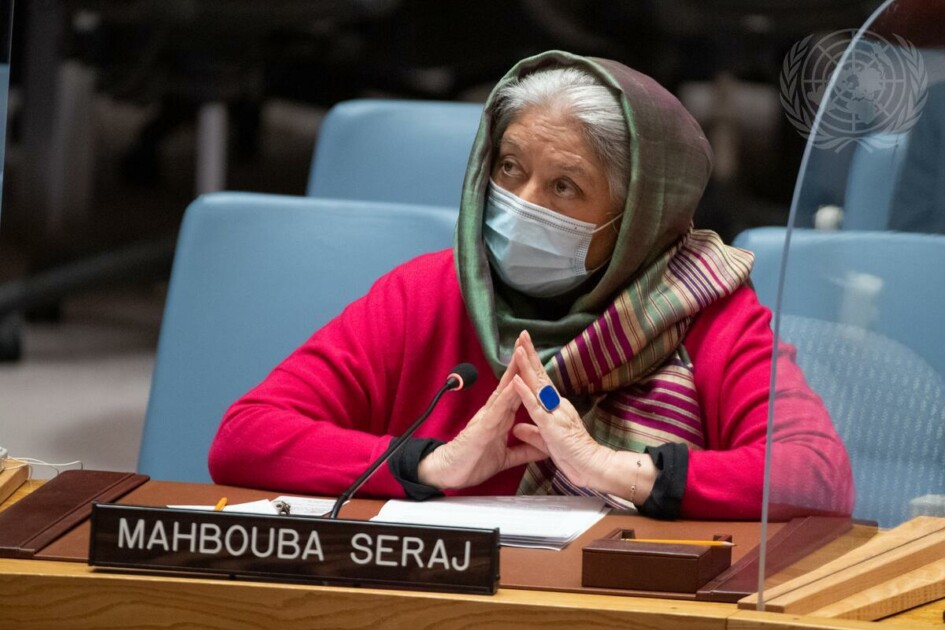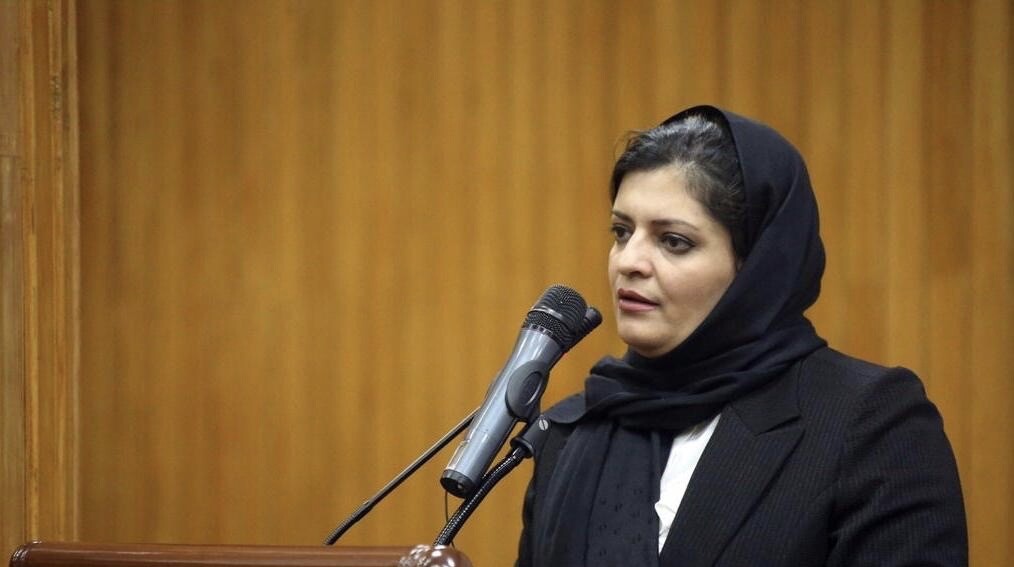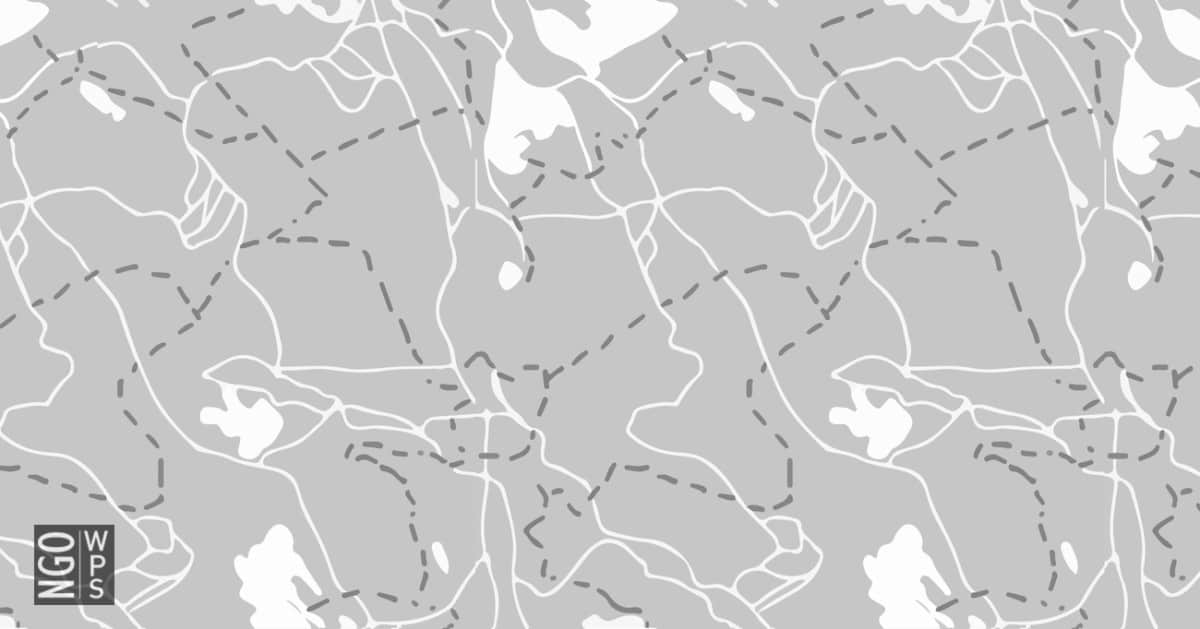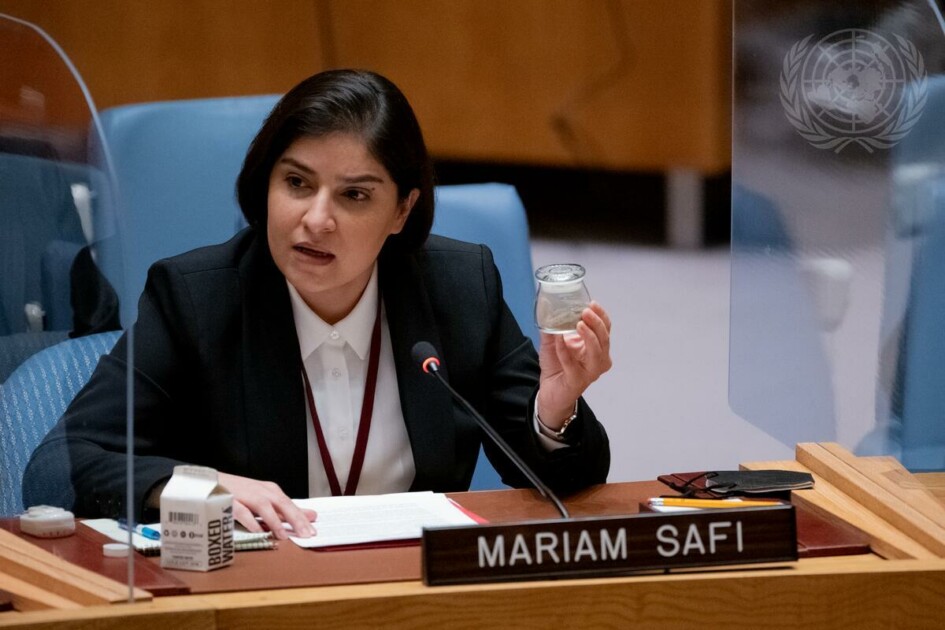Afghanistan
Afghanistan
Afghanistan has been engulfed in violent armed conflict since the fall of the Taliban regime in 2001, and efforts to build sustainable peace while preventing the re-establishment of extremist rule depend on the inclusion of women.
Living in the most dangerous place in the world to be a woman, as the Thomas Reuters Foundation revealed in 2011, Afghani women have emerged as leaders in the peace process— advocating constantly for more inclusive government, and inspiring marginalized groups nationwide to demand a place in the political system. Despite the important role that Afghani women play in bringing about social change in Afghanistan, many barriers to their involvement still exist.
Based on the work of NGOWG members and their partners, the NGOWG advocates for eliminating these barriers by encouraging UNAMA to support the Afghan government in fully implementing the National Action Plan on Women, Peace and Security (NAP), and ensuring women’s full and equal participation in regularly held elections.
Current and Past Recommendations to the UN Security Council (Monthly Action Points)
At the quarterly debate on UNAMA, Council members must call on Afghanistan to ensure that human rights, especially of women and girls, are not traded off in the pursuit of other interests, such as security and reconciliation talks with the Taliban and armed groups. Important human rights gains made in recent years could be lost amid growing economic challenges and increasing instability. There are serious concerns that attacks against human rights defenders (HRDs), and in particular women human rights defenders (WHRDs), will increase with anticipated increasing insecurity across the country. Afghan WHRDs are on the frontline of advancing the WPS agenda at country level, and must be recognized as agents of change who play a fundamental role in shaping the future of Afghanistan. In their statements, Council members should call on Afghanistan to:
- Ensure an enabling environment for WHRDs, including by publically recognizing their important work of promoting and protecting women’s rights and of countering prejudices. Take concrete steps to ensure that all allegations of threats or attacks against WHRDs reported to government authorities are fully and impartially investigated and perpetrators are held to account, and that this is monitored effectively by the Ministry of Interior.
- Ensure that all prosecutions of perpetrators of violence against WHRDs use appropriate legislation in fair trials and without recourse to the death penalty.
- Build the capability of the Ministry of Women’s Affairs and its provincial counterparts, the departments of women’s affairs, to respond effectively to WHRDs at risk throughout the country, including by establishing a mechanism to monitor violence against WHRDs; providing temporary shelter; and assisting with temporary or permanent relocation to another part of the country.
- Extend an invitation to the UN Special Rapporteur on the situation of HRDs to visit Afghanistan.
- Increase representation of women at all decision-making levels, and effectively include women in national and sub-national peacebuilding efforts, to ensure that the pursuit of reconciliation does not further undermine women’s rights.
At the quarterly debate on UNAMA, Council members must call on Afghanistan to ensure that human rights, especially of women and girls, are not traded off in the pursuit of other interests, such as security and reconciliation talks with the Taliban and armed groups. Important human rights gains made in recent years could be lost amid growing economic challenges and increasing instability. There are serious concerns that attacks against human rights defenders (HRDs), and in particular women human rights defenders (WHRDs), will increase with anticipated increasing insecurity across the country. Afghan WHRDs are on the frontline of advancing the WPS agenda at country level, and must be recognized as agents of change who play a fundamental role in shaping the future of Afghanistan. In their statements, Council members should call on Afghanistan to:
- Ensure an enabling environment for WHRDs, including by publically recognizing their important work of promoting and protecting women’s rights and of countering prejudices. Take concrete steps to ensure that all allegations of threats or attacks against WHRDs reported to government authorities are fully and impartially investigated and perpetrators are held to account, and that this is monitored effectively by the Ministry of Interior.
- Ensure that all prosecutions of perpetrators of violence against WHRDs use appropriate legislation in fair trials and without recourse to the death penalty.
- Build the capability of the Ministry of Women’s Affairs and its provincial counterparts, the departments of women’s affairs, to respond effectively to WHRDs at risk throughout the country, including by establishing a mechanism to monitor violence against WHRDs; providing temporary shelter; and assisting with temporary or permanent relocation to another part of the country.
- Extend an invitation to the UN Special Rapporteur on the situation of HRDs to visit Afghanistan.
- Increase representation of women at all decision-making levels, and effectively include women in national and sub-national peacebuilding efforts, to ensure that the pursuit of reconciliation does not further undermine women’s rights.
Relevant Resources









